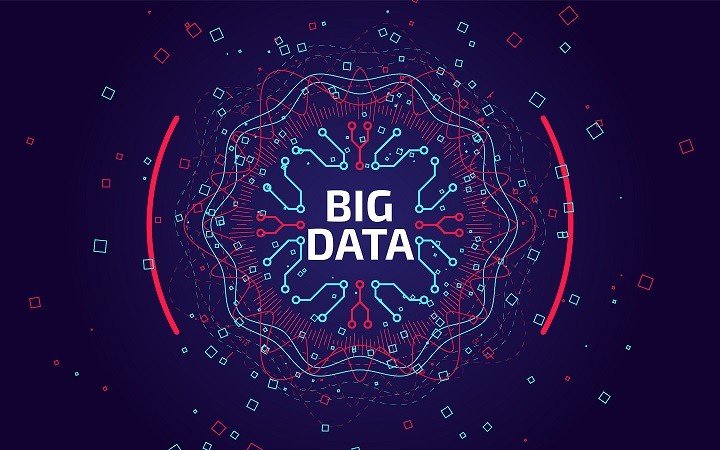Why Big Data, Means Big Marketing Potential
If you’ve been keeping up with technology news in recent years, you may have heard the war cry for big data.
“Big data means big opportunity, big leaps, big profits!”
All this is true, but only if you know how to:
Gather big data
Analyse big data
Utilise big data
And one of the best ways to utilise big data, is by taking the knowledge gained from it, and implementing it into your marketing plans for future (or current) events.
First though, let’s quickly run through how you can gather, then analyse big data
Event planners, gathering big data means gathering as much information as possible from:
Your event participants
Every aspect of your event, from the registration process, to the speakers, to interactions between participants, feedback, and dozens of other variables. In total, you can gather thousands (or tens of thousands) of data points from a single event.
The simplest and most effective way to do this, is by putting an event app at the heart of your event.
With every participant using the app for (almost) everything event-related, your humble event app is now a powerful data storage centre, housing your participants’ every recorded move, action, and thought during your event.
And making sense of the data collected will be easy if you’ve chosen PowerVote as your event app provider – our team will collate the big data, analyse it, and provide a detailed report of all our findings.
Now, you have everything you need to plan your marketing moves
With a wealth of information at your fingertips, you now know exactly what your event-goer loved or disliked about your past event. And if you’ve asked for their feedback, you’ll also have a wishlist of what they want to see and do next – so you can plan and market your upcoming event accordingly.
But it’s not only what your event participants told you (such as their favourite speakers, entertainers, food, or booths), that will be apparent.
What they didn’t tell you, will also become crystal clear.
Did you notice a significant drop-off in participation levels during a certain time of day?
Did your event participants not engage with certain speakers (but not tell you about it)?
Or did you find that participants happened to show up late, leave early, or sneak out in the middle of the afternoons for self-declared breaks?
These are all details that big data will tell you. What you need to do, is adjust your event plans accordingly – then shout about it when marketing your event.
And you can shout about these “improved” aspects of your upcoming event loudly, because you’ll have confidence in the knowledge that this is truly what your audience wants – and not simply “best guesses” from your marketing team.
This also means that your marketing budget will be smartly used – a definite plus to any event planner (or corporation).


